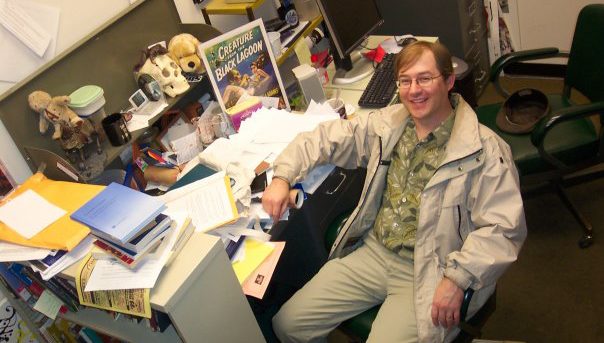In Web Content, Truth Is not Just an Ideal, It’s an Ally
In writing, there are many temptations to be untruthful. The client wants you to say something that you know just isn’t true, or it will make a stronger point if you misrepresent the facts. You might even think that you’re doing better writing because you are meeting these constraints, but you’re not.
The temptation to be untruthful is really the temptation to be lazy. With hard work, it’s possible to not only tell the truth, but to satisfy your clients and build a stronger case on firm foundations. Here’s how I accomplished that with a recent assignment.
The Assignment
I was approached by Neon Rain to help out one of their clients in writing an article about the food desert in Park Hill. The article would be placed in a neighborhood newspaper, so it would help with local search optimization and hopefully bring some business. A food desert is the recent catchy name for areas that have little access to fresh groceries and so in theory they lean heavily on convenience stores and fast food for their diets. The client is a weight loss clinic in Denver, so they wanted to write about how the food desert contributed to obesity rates in the neighborhood, which should be easy because conventional wisdom says that a reliance on convenience stores and fast food leads to diets high in fat and salt, increasing obesity rates.
Problems Arise
The assignment was immediately fraught with difficulties. First, there isn’t good data on obesity rates in different Denver neighborhoods, so it’s impossible to say whether this neighborhood has been impacted by its food desert. Second, the place is in the process of becoming a food oasis, with two new stores opening in the next few years. Finally, the entire food desert theory is under fire, making the entire topic dubious from start to finish.
Truth to the Rescue
Needless to say, I was at a complete loss about how to write this article in a way that would be both truthful and make the client happy, so I decided to do more research. When in doubt, I like to do research until the pattern emerges, so I fired up Google Scholar, which, short of the proprietary literature search engines you can access on university campuses, is just about the best tool for this type of research, and started pouring over the work that had been done on the subject of food deserts.
Then I came across an article comparing the shopping habits of people in a food desert and a food oasis. Turns out they’re not much different. So that was the angle: shopping and eating habits are to blame for obesity, not food deserts. The client wanted me to include material from a Park Hill resident’s testimonial, and, to my delight, it said exactly that: being in control of her eating habits made all the difference in weight loss. I put it all together and sent it to the client.
Her response: “Perfect.”
You can read the article yourself here, and if you want to talk to me about how truthfulness can improve your web content, please contact Writer MC today.

